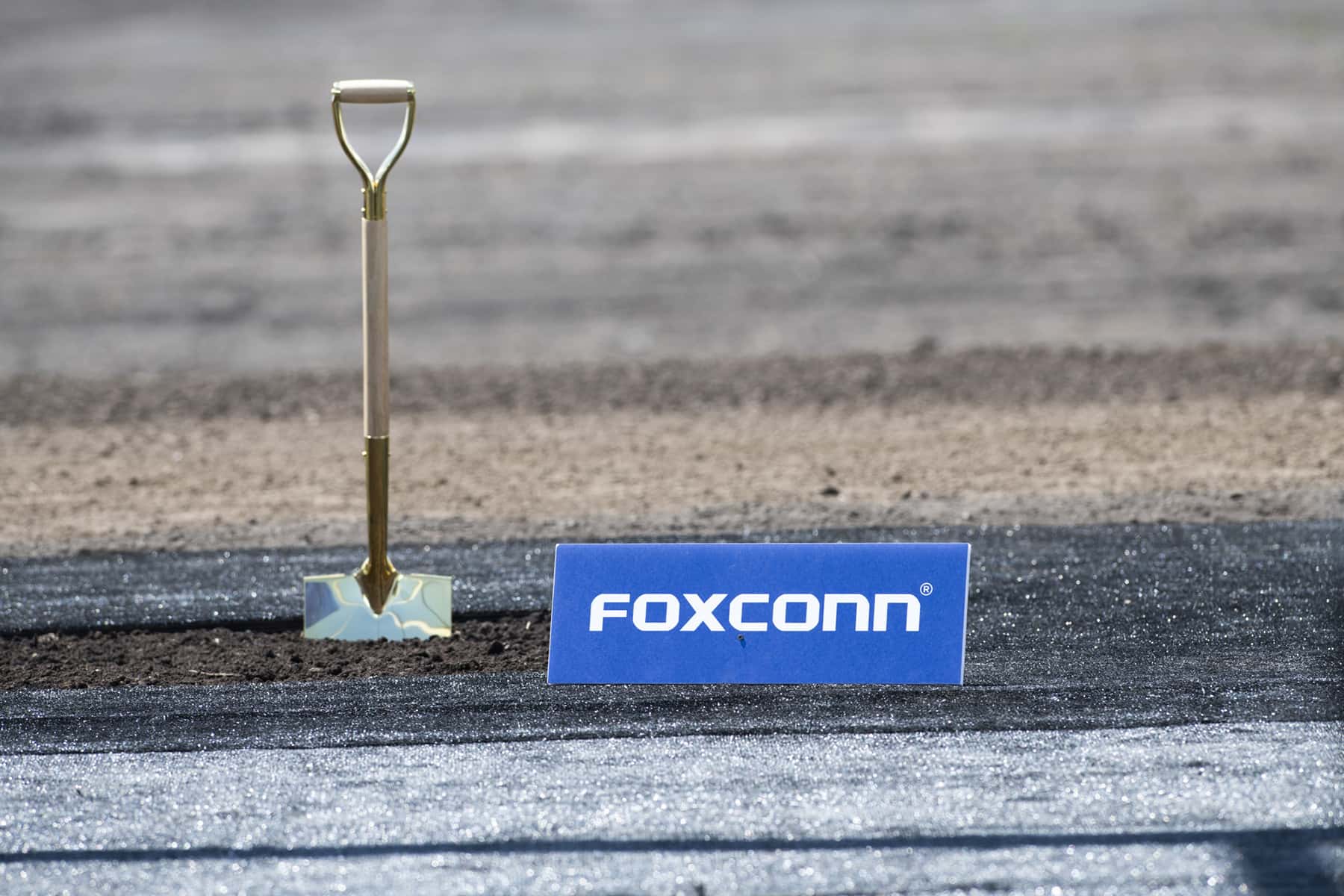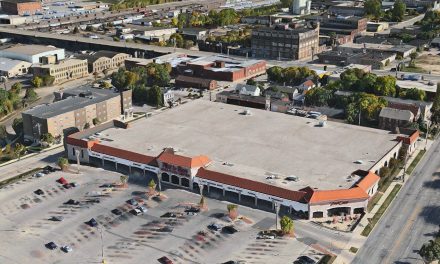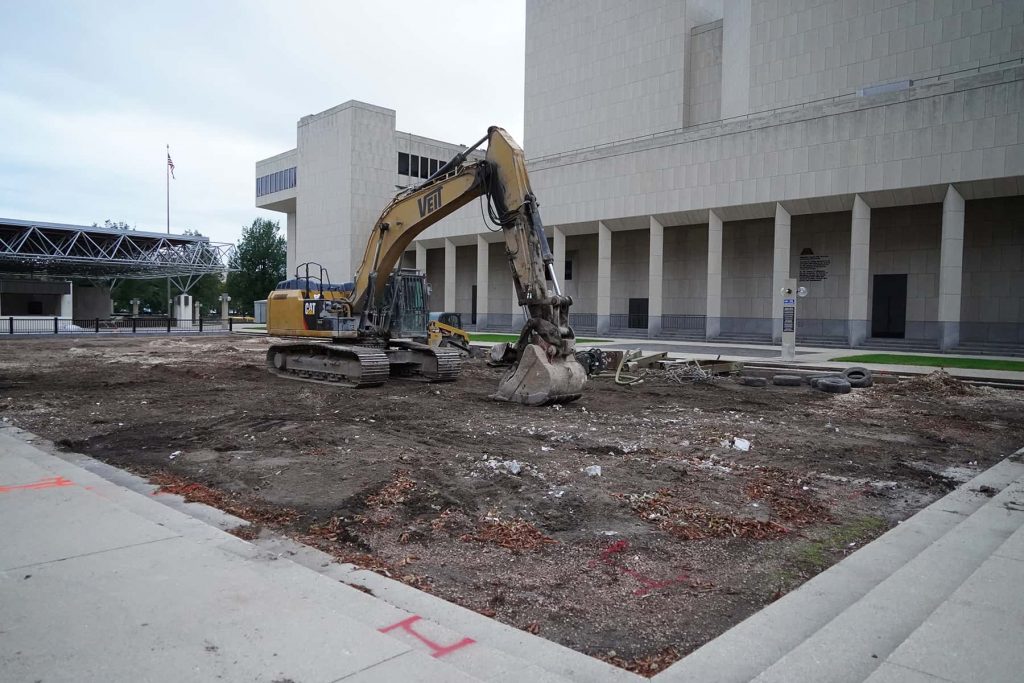
Wisconsin told Foxconn Technology Group on October 12 that it would not qualify for billions of dollars in state tax credits unless it strikes a new deal for a scaled-back factory complex.
State officials have told Foxconn since last year that it would not qualify for the tax credits without revisions to its 2017 contract, because the scope of the envisioned factory has been reduced.
President Donald Trump heralded the original deal as a sign of a revitalized American manufacturing economy, calling the envisioned plant “transformational” and the “eighth wonder of the world.”
The deal with Foxconn, the world’s largest electronics manufacturer, was announced by Trump at a White House ceremony and he traveled to Wisconsin in 2018 for the groundbreaking.
Foxconn signed a contract with Wisconsin under then-Governor Scott Walker in 2017 to earn nearly $4 billion in state and local tax incentives for a $10 billion display screen manufacturing campus and plant that would employ up to 13,000 people. It was seen as a political stunt to influence the 2018 election which Walker, a Republican, lost to Democrat Tony Evers, who ran as a critic of the project.
After the deal was signed, Foxconn said it was downsizing the factory to what is known as a Generation 6 plant rather than a Generation 10.5 plant. The facility would make smaller thin-film transistor liquid crystal display screens for cellphones and other devices, rather than the larger screens that were first proposed.
The development followed a long documented history of Foxconn making promises that it did not fulfill, and of Wisconsin Republicans ignoring the risk of statewide economic damage for their short term political gain.
The letter was sent on October 12, from the Wisconsin Economic Development Corporation’s Secretary Melissa Hughes. It confirmed that Foxconn’s new factory could not get state tax credits unless the original contract was changed. Hughes said in the letter to Jay Lee, the vice chairman of Taiwan-based Foxconn, that “Foxconn’s activities and investments in Wisconsin to date are not eligible for credit.”
“As we have discussed numerous times, markets, opportunities and business plans can and often need to change,” Hughes said in the letter. “I have expressed to you my commitment to help negotiate fair terms to support Foxconn’s new and substantially changed vision for the project.”
Wisconsin told Foxconn in a separate communication that because the company was not building the factory envisioned in the contract, the state was unable to calculate job creation or capital investment tax credits.
“Once Foxconn is able to provide more accurate details of the proposed project, such as its size, scope, anticipated capital investment, and job creation, WEDC would be able to offer support for the project with tax incentives as it does for many large and small Wisconsin businesses,” Hughes wrote.
State Representative Gordon Hintz, the Democratic minority leader and a longtime critic of the project, said the announcement “cements Foxconn’s legacy in Wisconsin as one of broken promises, a lack of transparency, and a complete failure to create the jobs and infrastructure the company touted in 2017.”
Written By
Scоtt Bаuеr













